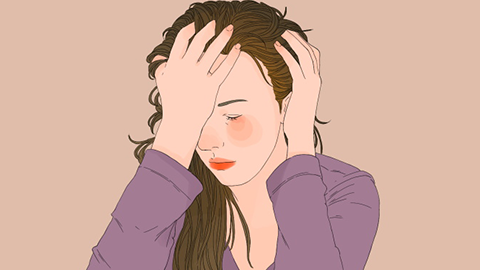Can anxiety disorder cause high blood pressure?
In general, whether anxiety disorder can cause elevated blood pressure depends on the specific circumstances. When anxiety attacks are mild and short-lived, they usually do not lead to increased blood pressure; however, if anxiety attacks are frequent and severe, they may cause blood pressure to rise, which requires attention and appropriate adjustment. Detailed analysis is as follows:

If the anxiety attack is mild, manifesting only as brief emotional tension or slight irritability, with a weak bodily stress response, blood pressure typically does not show significant fluctuations. In such cases, anxiety can be relieved through deep breathing, listening to calming music, or taking a short walk, helping prevent symptom worsening.
When anxiety attacks are frequent and severe—such as when persistent palpitations, restlessness, or excessive worry occur—the body releases stress hormones that cause blood vessel constriction, potentially leading to elevated blood pressure. In these situations, timely psychological regulation or professional intervention is necessary to alleviate anxiety and prevent prolonged blood pressure fluctuations.
To minimize the impact of anxiety disorder on blood pressure, effective daily emotional management is essential. This includes regularly practicing mindfulness and relaxation techniques, cultivating hobbies to divert attention, and ensuring adequate sleep. If anxiety symptoms worsen or blood pressure becomes unstable, prompt scientific interventions should be taken to maintain overall physical and mental stability.







